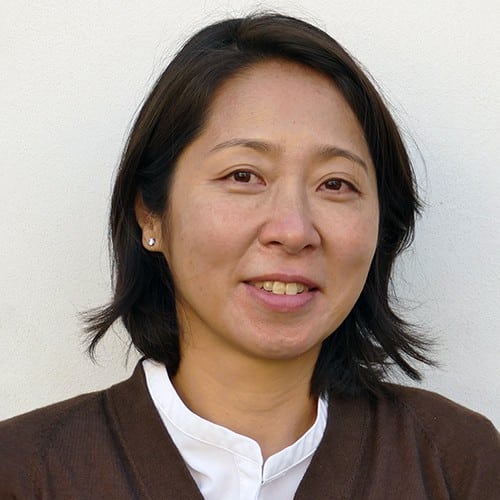
FRONTIERS Science Journalism Residency Program
Are you a science journalist? We invite you to apply to residency at the Complexity Science Hub through the FRONTIERS Program
The Complexity Science Hub is a host institution for the FRONTIERS program, and welcomes science journalists seeking to bridge the gap between complex scientific discoveries and the public.
The deadline for applications is September 25, 2024.
COMPLEXITY SCIENCE HUB
Based in Vienna, the Complexity Science Hub (CSH) is Europe’s research center for translating data into solutions for a better world. A core of CSH’s mission is to conduct independent research in complexity science, addressing key challenges facing society and the planet that cannot be solved by traditional disciplinary approaches. For example, pandemics, the economy, and human migration are all manifestations of multiple interconnected, dynamic, and co-evolving networks that complexity science is uniquely suited to describe.
CSH researchers have expertise across a wide range of topics, from algorithms to zoonoses and many in between. CSH researchers share the common languages of physics, computation, statistics and applied mathematics and often specialize in one or more additional disciplines, such as sociology, economics, or medicine.
At CSH, researchers extract meaning from the vast amount of data representing our planet’s various dimensions: economics, migration, health, climate change, social values, urban development, and more. With this knowledge, they seek insights that are useful for both science and society, and they can make evidence-based statements about how complex systems will respond to change and propose realistic interventions to move them in a positive direction for society.
Detailed information about the application process can be found in the FRONTIERS Program Guide.
COMPLEXITY SCIENCE
Complexity science is the methodological approach to understanding complex systems, the enormous networks of interconnected parts that make up human societies, the economy, and the planet. Complexity science has gained increased attention in recent years, in part because of its recognition by the 2021 Nobel Prize in Physics. Despite the power of complexity science to address the challenges of our time, there are few institutions that have the structure or flexibility to support the radical approach to research that complexity science demands. CSH benefits from its youth as an institution, bold leadership, and support from an extensive network of partners to facilitate its role as a leader in complexity science.
CSH is unique in combining both foundational complex systems theory with applications of complexity science to important real-world questions. CSH researchers investigate the global challenges that affect citizens every day – directly or indirectly – and identify their causes and possible solutions. CSH research themes include supply chain disruptions, healthcare, algorithmic fairness, conflict, and human migration, among others.
CSH research provides insights into complex systems surrounding us by combining expertise in qualitative research from diverse disciplines coupled with a profound understanding of quantitative methods and modeling techniques. An essential characteristic of CSH is interdisciplinarity, implemented in numerous cross-disciplinary projects.
CSH scientists collaborate with practitioners and policymakers as well as private-sector entities. Collaboration provides CSH researchers with information and novel perspectives, and offers practitioners and policymakers a means for designing policies or programmes that are more effective. CSH believes that understanding the complex networks that underlie society allows us not only to provide insights into today’s societal challenges, but also to foresee future challenges and identify their driving forces and points of intervention.
HOSTING CONDITIONS
The Complexity Science Hub (CSH) welcomes science journalists interested in exploring new areas of research, and understanding how complexity arises and evolves in nature, society, and technology. In addition to deepening their technical knowledge, FRONTIERS fellows will become part of the CSH community and thereby connect with a vibrant and international network of scientists during the fellowship.
During their stay at CSH, journalists will have a working space – an individual desk in an office shared with other researchers or staff – and access to our infrastructure. Their use of CSH shared spaces will occur under the same conditions as research and admin staff. Fellows will receive a badge granting 24/7 access to the building and their office.
As part of the residency, fellows will be supported by the CSH press office, a member of which will serve as the FRONTIERS manager, administering all aspects of the fellowship. The FRONTIERS manager will be the fellow’s main point of contact before, during, and after their stay at CSH.
During their stay, FRONTIERS fellows are encouraged to interact and network with CSH researchers, visiting scientists and collaborating partners, and to take inspiration from these leaders in complexity science. Journalists will have access to all CSH scientific events (seminars, talks, workshops, colloquia, courses, etc.). As a vibrant, international community, CSH hosts occasional social and cultural events, such as CSH’s Art & Science series, to which fellows are cordially invite.
Get in touch
